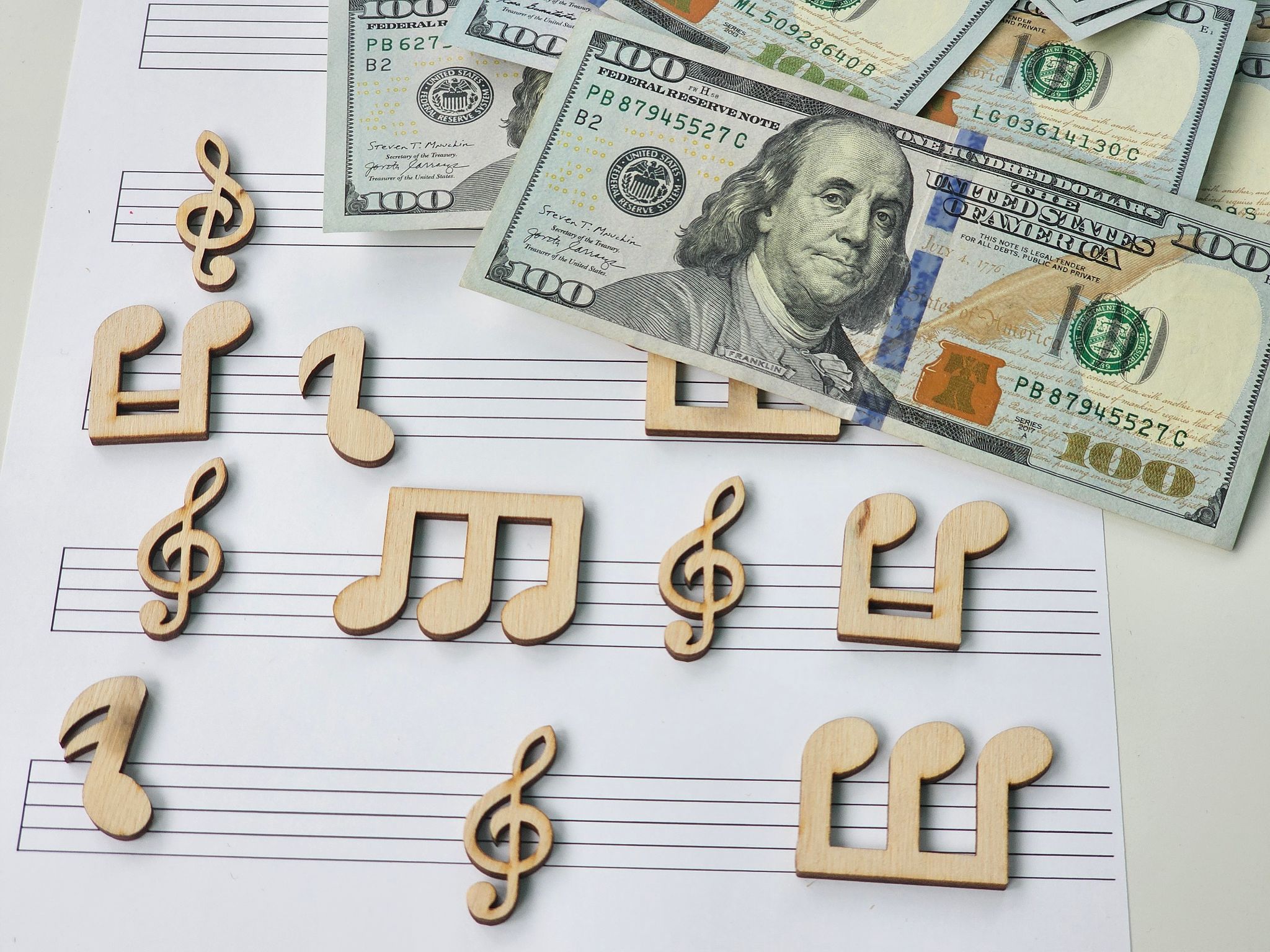Navigating Music Copyright Laws: Essential Tips for Artists
Understanding the Basics of Music Copyright
Music copyright is a crucial aspect that every artist should understand to protect their creative work. Essentially, copyright grants the creator exclusive rights to their music, including reproduction, distribution, and performance. Without proper copyright protection, artists risk losing control over how their music is used and may miss out on potential revenue streams.
One of the first steps in navigating music copyright laws is understanding what can be copyrighted. In music, both the composition (melody, harmony, and lyrics) and the sound recording can be copyrighted. It's important for artists to register their work with the appropriate copyright office to establish a legal claim. This step is crucial for enforcing rights in case of infringement.

Common Music Copyright Issues
Artists often face several common issues related to music copyright. One such issue is unauthorized use, where others use an artist's music without permission. This could happen through sampling, covering, or distributing the work. To prevent this, artists should clearly communicate their terms of use and license agreements.
Another challenge is understanding how much of a song can be used legally without permission. While there is a common misconception about "fair use," it's important to note that this legal doctrine has strict criteria and does not apply as broadly as many believe. Artists should always seek legal advice if they are unsure about using another's work.

Protecting Your Music
To safeguard their music, artists should consider taking several proactive steps. First, register your work with the copyright office in your country. This provides legal documentation of your ownership and is essential for any potential legal actions against infringement.
Additionally, utilizing digital tools and platforms designed for tracking music usage can be beneficial. These tools help monitor where and how your music is being used online, providing data that can be crucial in identifying unauthorized use.

Licensing and Permissions
Licensing is another important aspect of music copyright. By granting licenses, artists can allow others to use their music legally in exchange for compensation. There are various types of licenses, such as synchronization licenses for film and television or mechanical licenses for cover songs. Understanding the different types of licenses can help artists maximize their revenue while maintaining control over their work.
For those looking to use someone else's music, obtaining the proper permissions is vital. This typically involves contacting the copyright holder and negotiating a licensing agreement that specifies the terms of use, duration, and any associated fees.
Staying Informed and Seeking Legal Guidance
The landscape of music copyright laws can be complex and ever-changing. Staying informed about legal developments and industry practices is essential for any artist. Regularly updating your knowledge about copyright laws can help you make informed decisions about your music.
Lastly, consulting with a legal professional who specializes in intellectual property law can provide invaluable guidance. They can assist with navigating tricky legal situations, drafting contracts, and ensuring that your rights are fully protected.

By understanding and effectively navigating music copyright laws, artists can protect their creative works, avoid legal pitfalls, and ensure that they receive proper compensation for their art. Taking proactive steps in managing copyrights not only secures an artist's livelihood but also contributes to a sustainable and thriving music industry.
